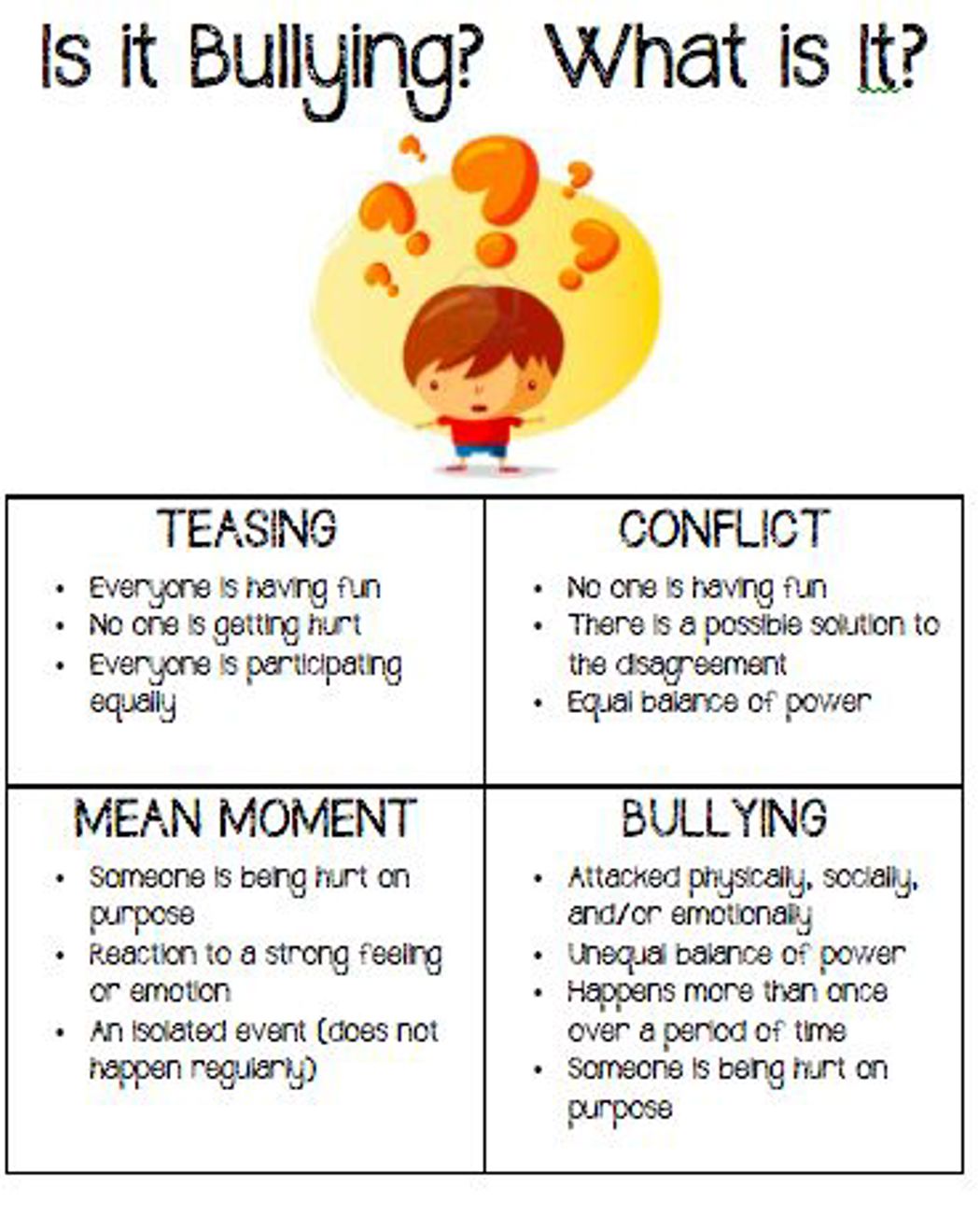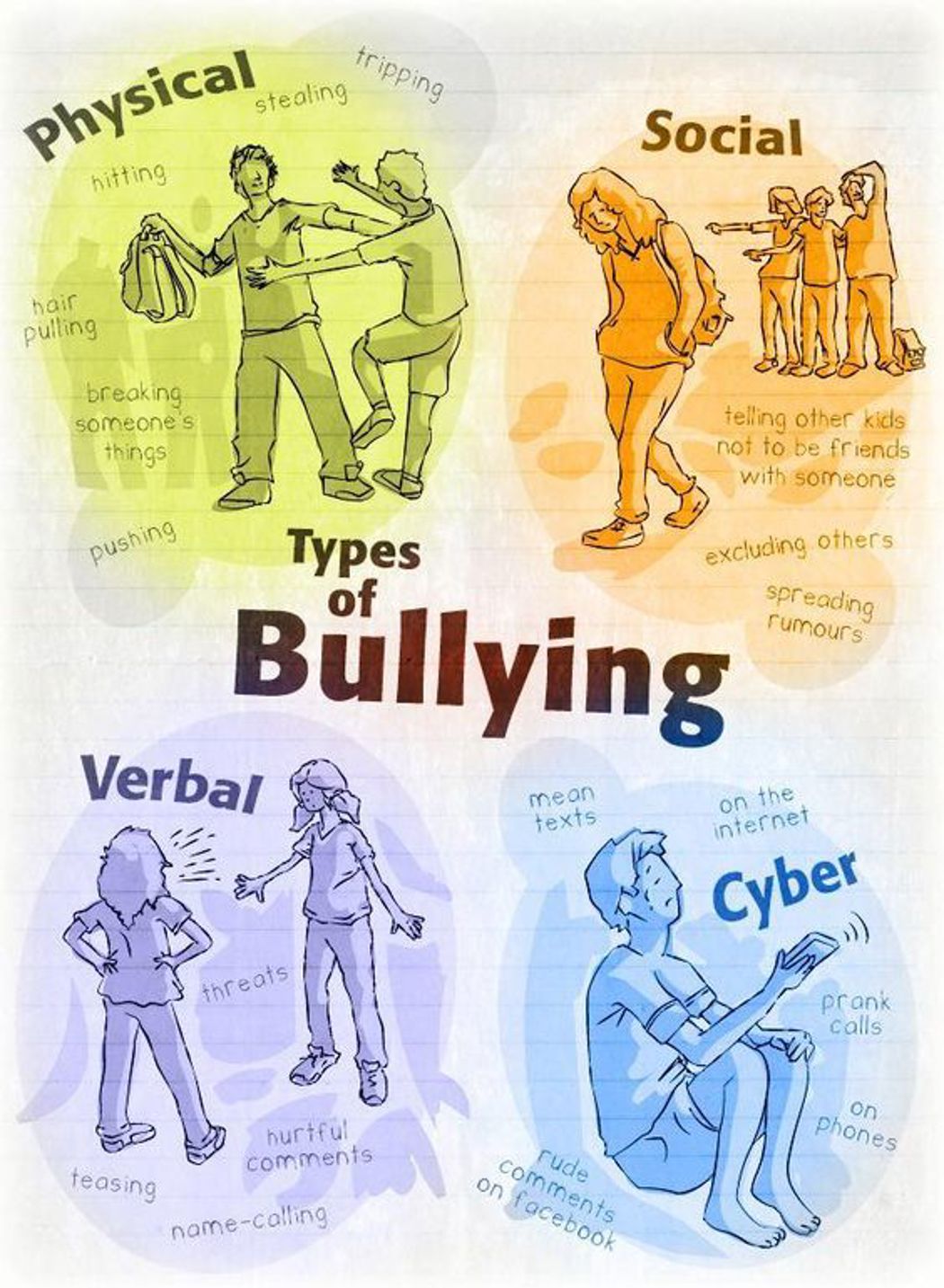My form teacher has helped me organise a sponsored swim for CICRA in our school pool and my form are being really supportive. It has helped me talk about my IBD
Some children don’t want other pupils to know about their condition and in order not to be perceived as ‘different’’ they may withdraw from social activity for reasons of self-preservation. The symptoms of IBD mean some children may not feel confident in joining their friends for normal social activities like birthday parties, sleepovers, swimming or going for meals. This can make them feel socially isolated, as can long periods of absence from school and hospital admissions.
Some of the physical side effects of treatments (like the puffy face associated with steroids) and the general taboo about poo can make children feel very self- conscious and understandably anxious. Oral Crohn’s, while not affecting all children with Crohn’s, can be disfiguring as it affects the mouth and lips, this too can be difficult for children and young people to deal with.
Others whose disease is ‘invisible’ with no outward physical symptoms can be perceived to have special privileges (for example, coming in late or leaving class without explanation), and this can cause resentment or prompt lots of questions from peers.
Bullying UK states that there is no legal definition of bullying. But it is usually defined as repeated behaviour which is intended to hurt someone either emotionally or physically and is often aimed at certain people because of their race, religion, gender or sexual orientation or any other aspect such as appearance or disability. Bullying can take many forms including:
- physical assault
- teasing
- making threats
- name calling
- cyber bullying

Ultimately if you/your child feel that they are being bullied, something needs to be addressed. Even if school for example do not qualify it as ‘bullying’ any behaviour that is making you/your child feel uncomfortable, scared, upset etc needs to be addressed supportively.
Other organisations have useful advice on bullying:
Family Lives / Bullying UK
Young Minds
If you suspect bullying or anything that may be perceived as low-level teasing (i.e. name calling that may on the face of it appear to be a joke) this needs to be ‘nipped in the bud’ so that it does not escalate.
Usually, depending on the circumstances, we would suggest contacting the school and arrange a meeting to discuss the issues in the first instance. Even if the issue isn’t occurring at school but on the walk to/from and or via social media, school is normally the best starting point.
If you need any advice, guidance or support don’t hesitate to give us a call at CICRA so that you can talk it through with us and we will try support you as best we can.

